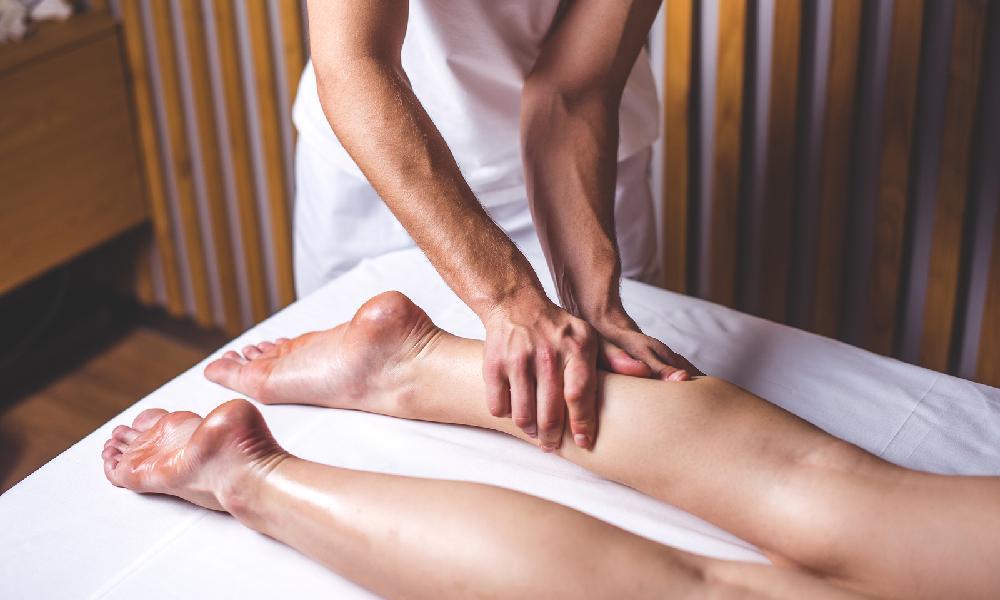One in seven Canadians seek medical attention for a mental disease each year, and one in five will go through a mental illness in any given year. Massage therapy can be a wonderful adjunct to other mental health therapies a patient might be getting, and it can relieve many symptoms of mental diseases. Registered West-End massage therapist (RMTs) can work with other medical specialists, including psychologists and psychotherapists, for the most excellent care for their patients.
Treatment of Symptoms
Numerous populations, including cancer patients, whose mental health is frequently badly impacted following their diagnosis, have experienced relief from anxiety and depressive symptoms with a massage treatment. For persons with a range of diseases and experiences, such as fibromyalgia and pre-and post-surgical anxiety, and people who feel anxiety during pregnancy, massage therapy can help lower trait anxiety (not tied to a specific stressful scenario).
Sadness and anxiety are more common in people with chronic pain, and chronic pain can frequently result from depression and anxiety. This is crucial information for RMTs to be aware of because they will encounter many individuals with chronic pain. RMTs can assist their patients in reducing the physical symptoms of anxiety and depression, including musculoskeletal discomfort.
Factors to Consider
The way a person feels pain can vary depending on their mental health. Both a decrease in pain tolerance and an increase in pain intensity have been linked to anxiety. Additionally, anxiety might make people avoid things they think will hurt them more. Negative health beliefs that may be linked to depression have been linked to increased pain and exhaustion, while depression has also been linked to higher levels of fatigue. Social isolation, which is frequently the result of or a contributing factor to mental health problems, can affect how people perceive and manage pain. RMTs can better inform their treatment planning and conversations about pain with their patients if they know how encounters with mental illness may affect their patients’ perceptions of pain. They also have the chance to establish a good working connection with the mental health specialists involved in their patient’s care.
Successful Collaboration
Whenever RMTs and psychotherapists, psychologists, or even other mental health experts collaborate, they can provide higher-quality care to up to one-third of persons with psychiatric problems who already use massage therapy services. Both massage therapy and conventional psychiatric treatments benefit the patient more and send consistent messages. Patients are able to take a more active part in their healthcare because of this collaboration.





